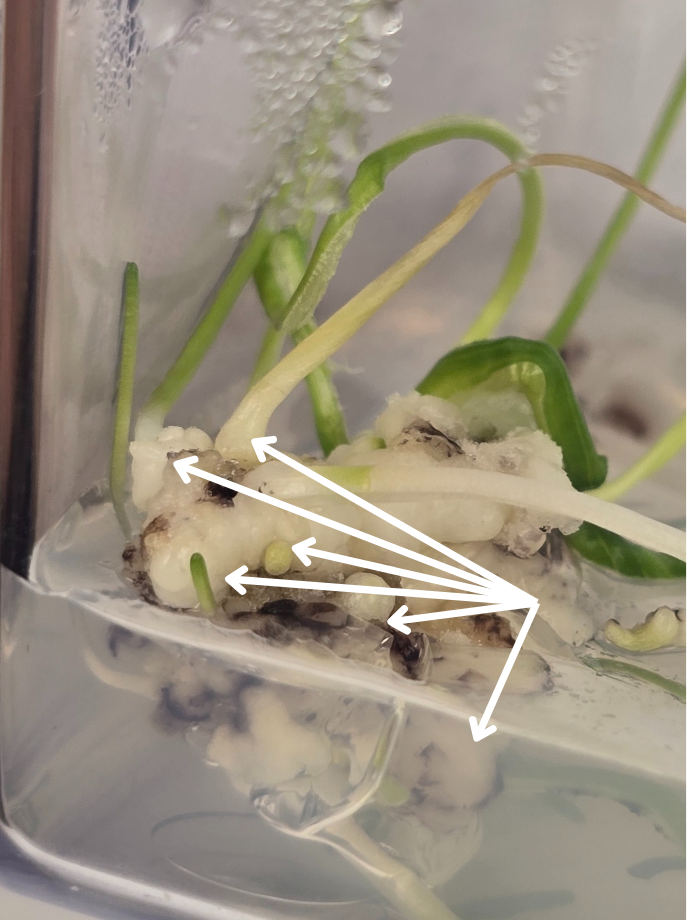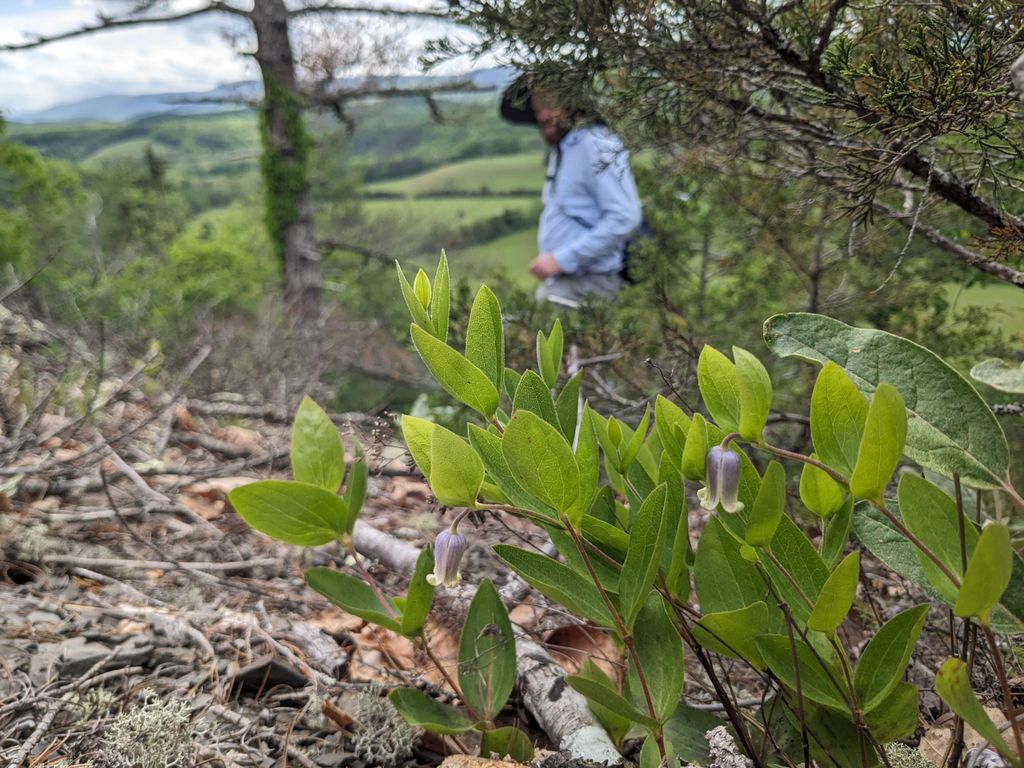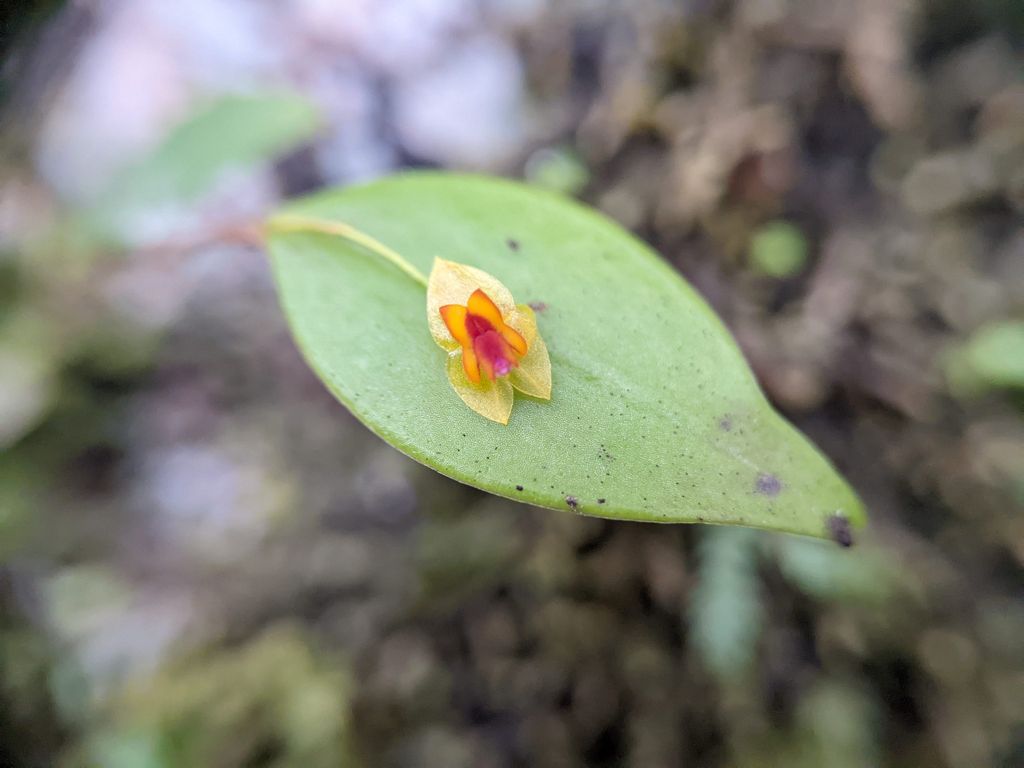Conserving Ravenia urbani, a rare tree endemic to Puerto Rico
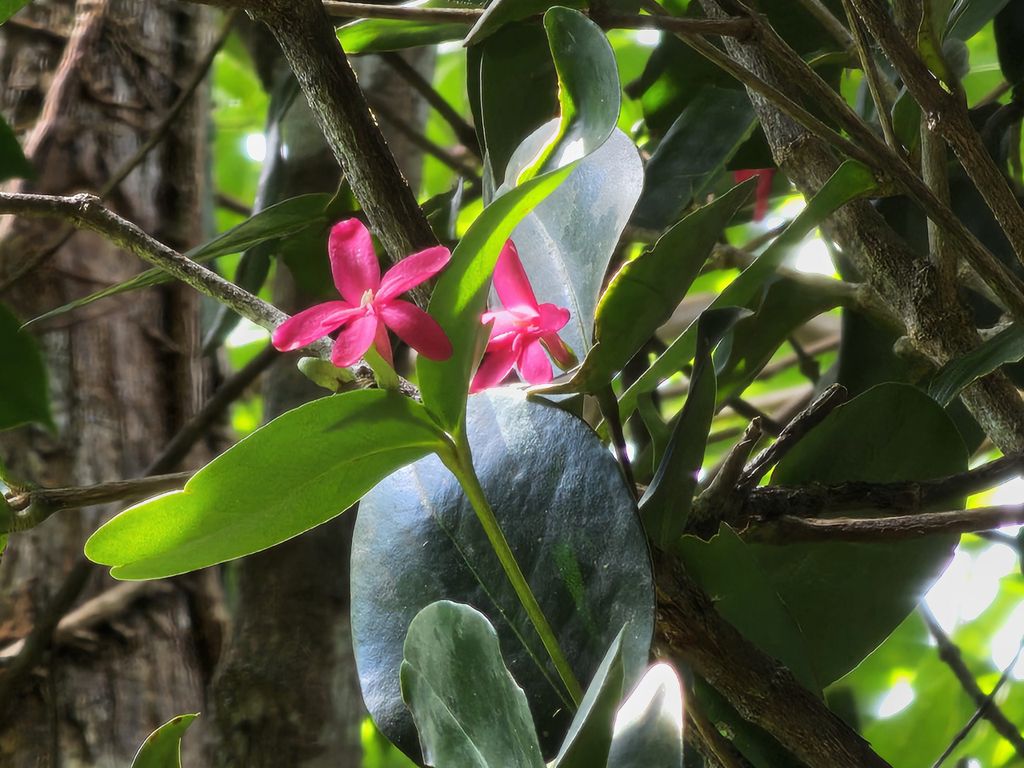
-
Status of project
Completed -
Region
Latin America and the Caribbean -
Country
Puerto Rico -
Programme
BGCI -
Workstream
Saving Plants -
Topic
Tree Conservation
Conservation of Ravenia urbani, a rare endemic tree
Project Status: Completed 2025
Funded by: US Forest Service via the Global Botanic Garden Fund
Project Partner: Eye on the Rainforest (Tropic Ventures Research & Education Foundation, TVREF)
Introduction
Eye on the Rainforest launched a conservation initiative to protect Ravenia urbani, a rare tree endemic to Puerto Rico. Over the year, the team conducted field surveys, nurtured seedlings under challenging post-hurricane conditions, and expanded public involvement through education and outreach. These efforts advanced both the survival of the species and broader awareness of Puerto Rico’s unique botanical heritage.
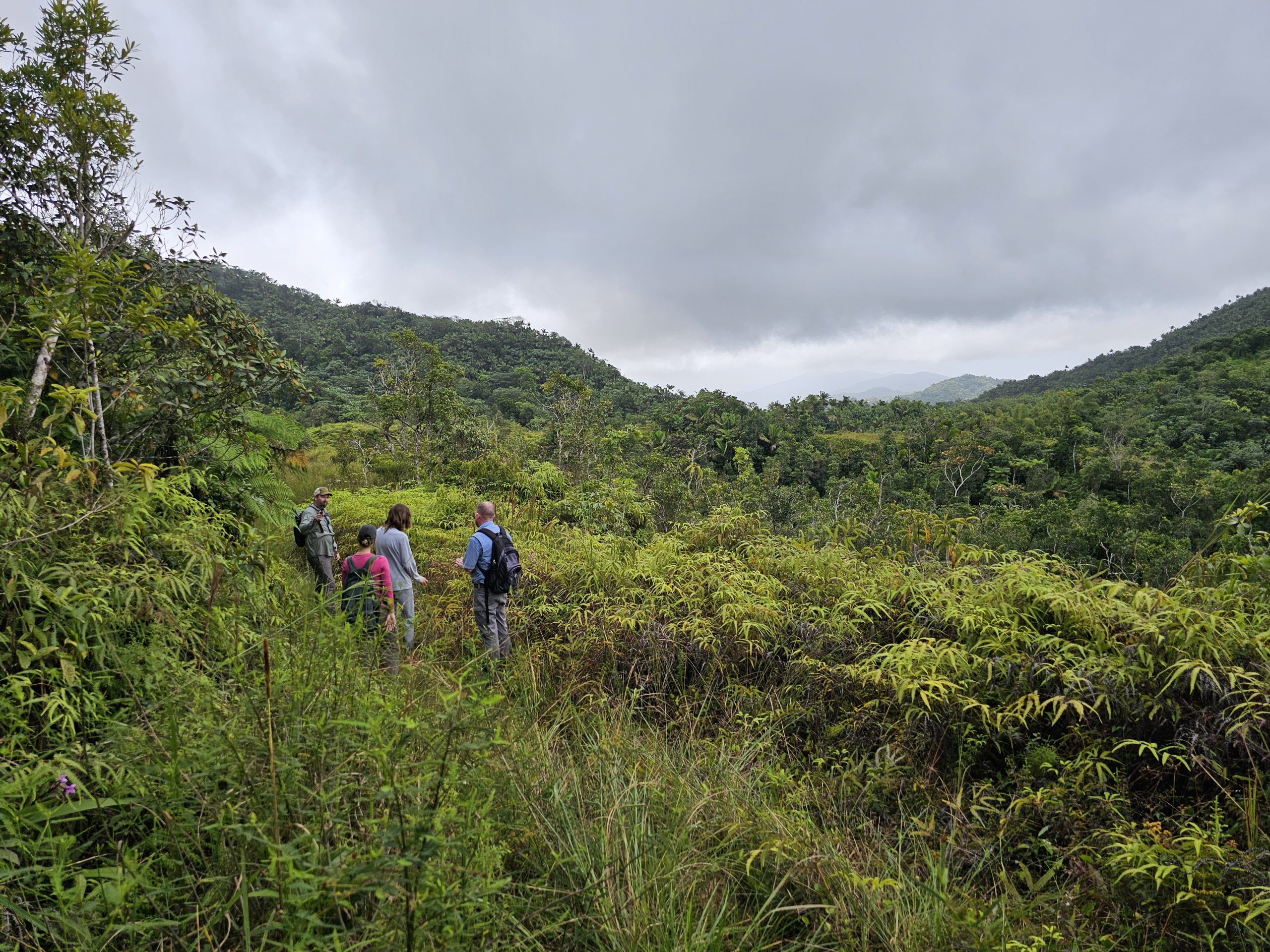
Project Goals
The initiative aimed to locate and document wild Ravenia urbani populations, collect viable seeds, refine propagation methods, and maintain robust nursery-grown plants. Equally vital was the goal of engaging local communities—especially students—in conservation through hands-on learning. The team also began drafting a Species Recovery and Management Plan and shared key data with global plant conservation efforts.
Efforts centred solely on Ravenia urbani, a critically threatened tree species with a limited natural range. Its susceptibility to environmental stressors makes it a high priority for habitat protection and propagation through seed banking and nursery cultivation.
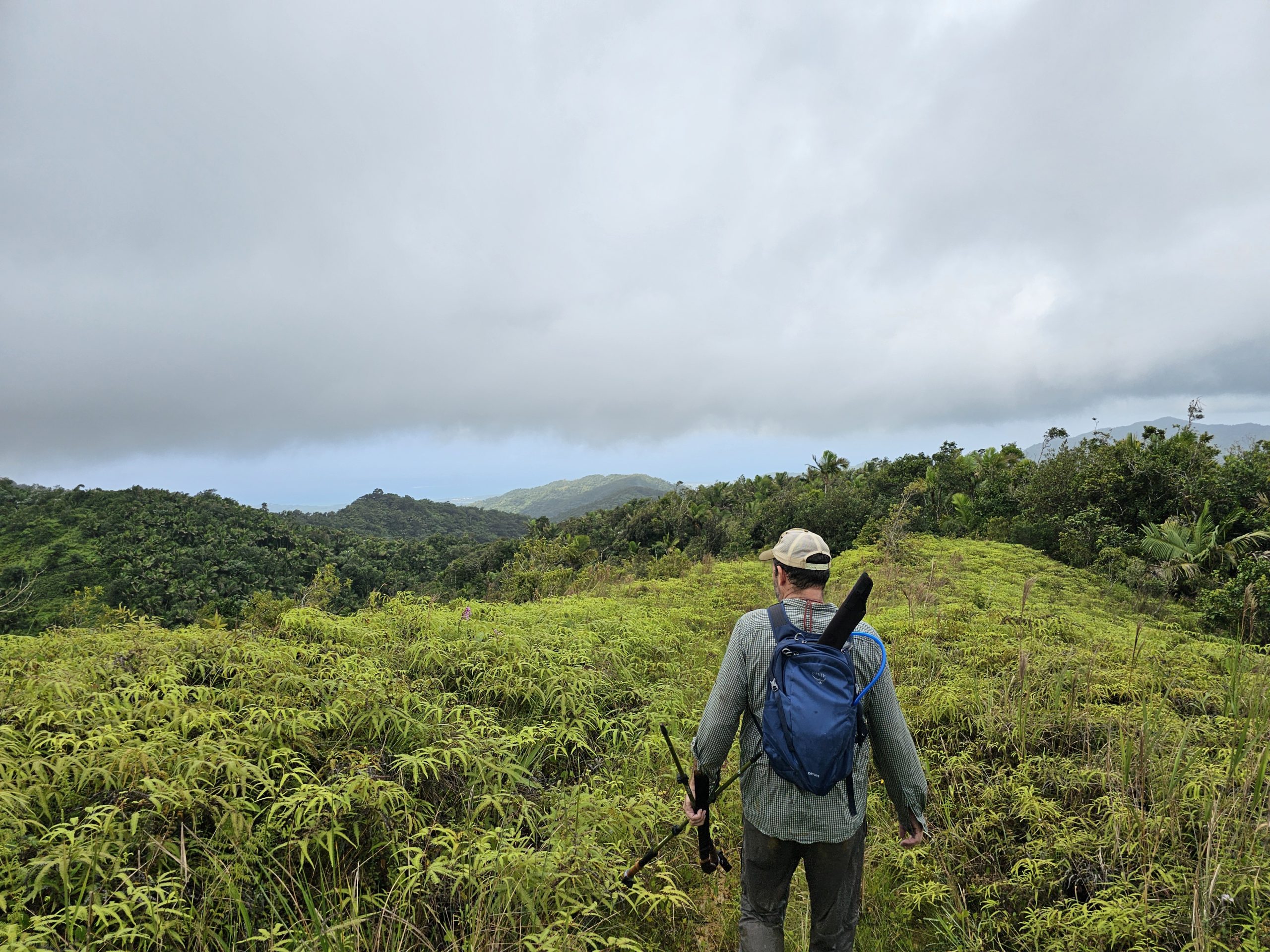
Key Achievements
From 2024 into early 2025, the team conducted expeditions in El Yunque National Forest, Patillas, and Carite State Forest to document habitat conditions and locate individuals of R.urbani. Despite storm damage from Hurricane Ernesto that reduced seed availability, five viable seeds were recovered, and sixty previously propagated seedlings remained healthy under close observation. In total, 276 endemic trees were planted, including R. urbani, and numerous school and community groups participated in immersive conservation experiences, including nursery work and forest restoration. The project also contributed to the Global Tree Assessment and continued collaboration with both local and international partners.

The project delivered measurable conservation benefits for R. urbani, from improved propagation techniques to a deeper scientific understanding of the species. Equally important, it inspired and educated the next generation of conservationists through field-based training and outreach. Plans for a formal mentorship program are now underway to build local leadership in conservation. By integrating research, restoration, and education, this initiative laid a strong foundation for the long-term protection of Puerto Rico’s ecological heritage.
